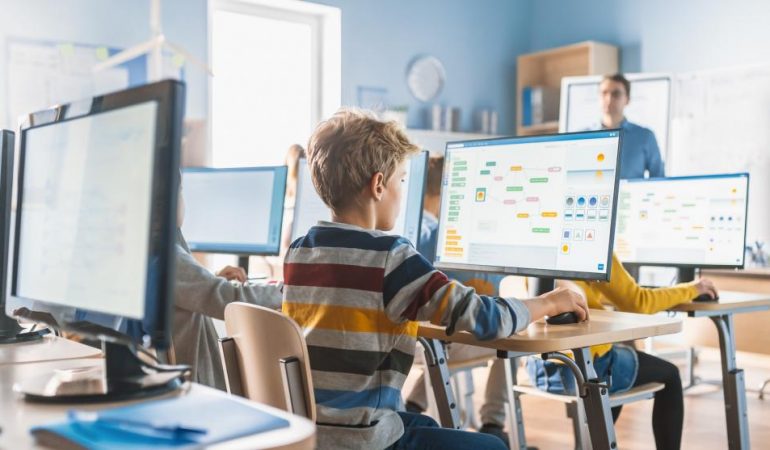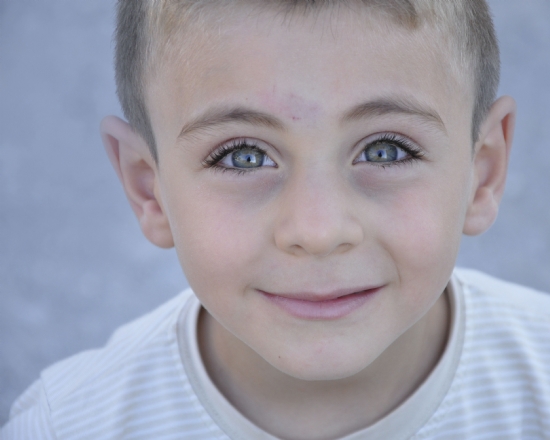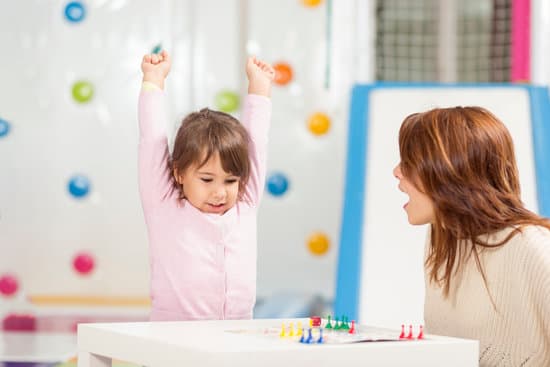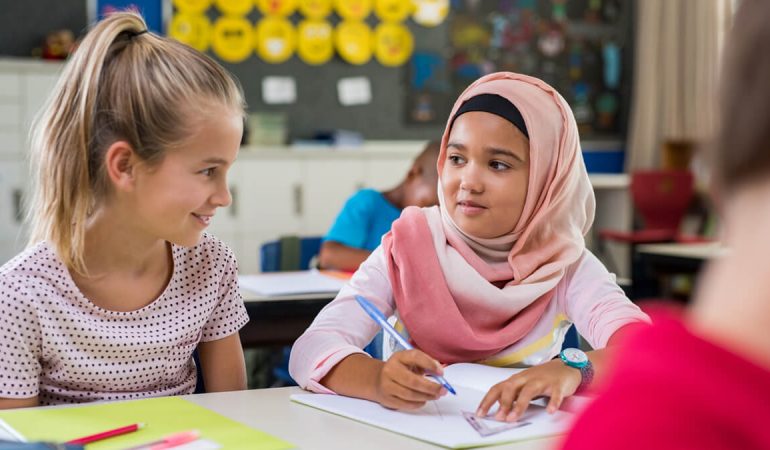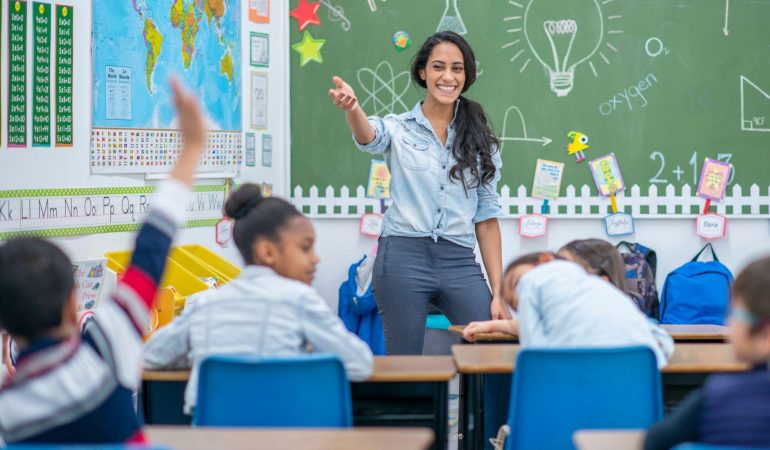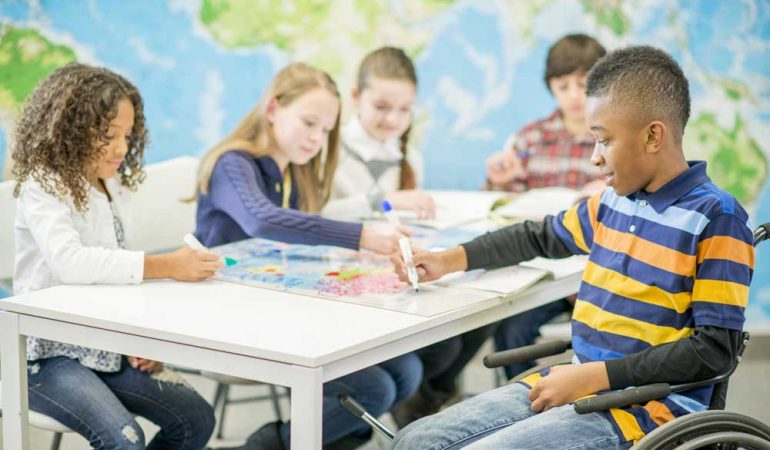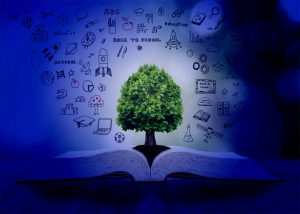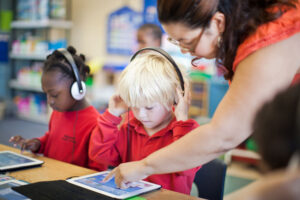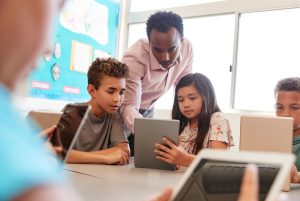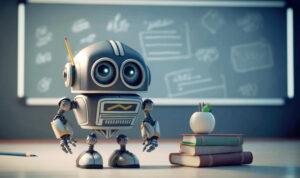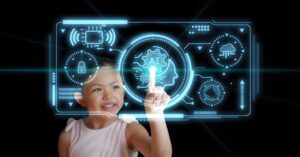Today’s world includes a range of environmental problems such as depletion of natural resources, air, water and soil pollution, climate change, resource waste, and loss of biodiversity. These problems can lead to the disruption of natural ecosystems, the exacerbation of global issues like climate change, and harmful consequences for human health.
As a result, various risks arise for the future of the world, including:
- Decrease in water resources
- Food security issues
- Natural disasters
- Loss of biodiversity
These problems require governments, private sector, and individuals worldwide to increase awareness of environmental issues and develop solutions. This may involve measures such as investing in renewable energy sources, working towards more sustainable use of resources, reducing waste production and increasing recycling. In this way, a more sustainable world can be created for future generations.
This Erasmus+ course on environmental sustainability and education is aimed at teachers and education staff who want to improve their knowledge and skills in this field and leave a livable world to future generations. With this course, you will have the opportunity to learn what environmental sustainability is, its basic concepts, how it affects people, what it means for the future, what can be done in education, what innovative approaches are, and see sample schools and classrooms.
As an educator, environmental sustainability education can provide many benefits for our students, including better understanding of the environment, a more sensitive approach to the environment, sustainable lifestyles, innovation, and new applications. This way, we can fulfill our responsibility and contribute to a livable future.


